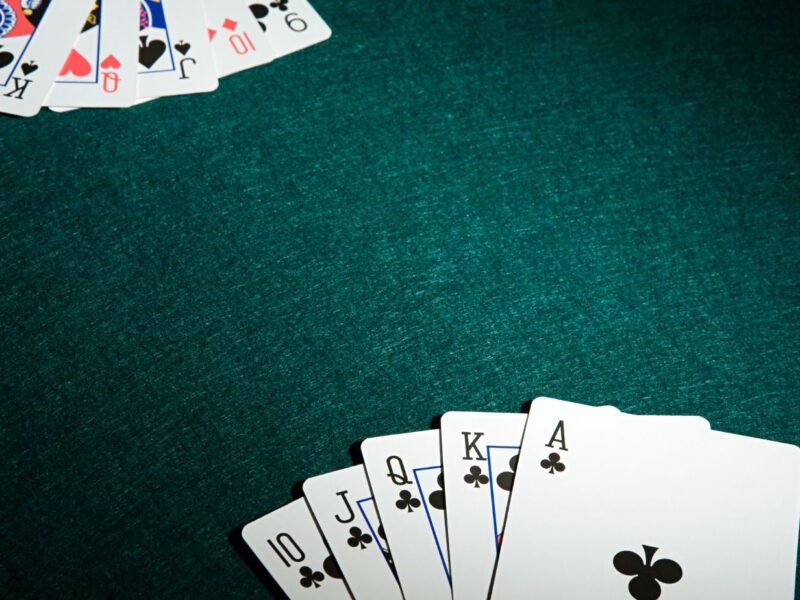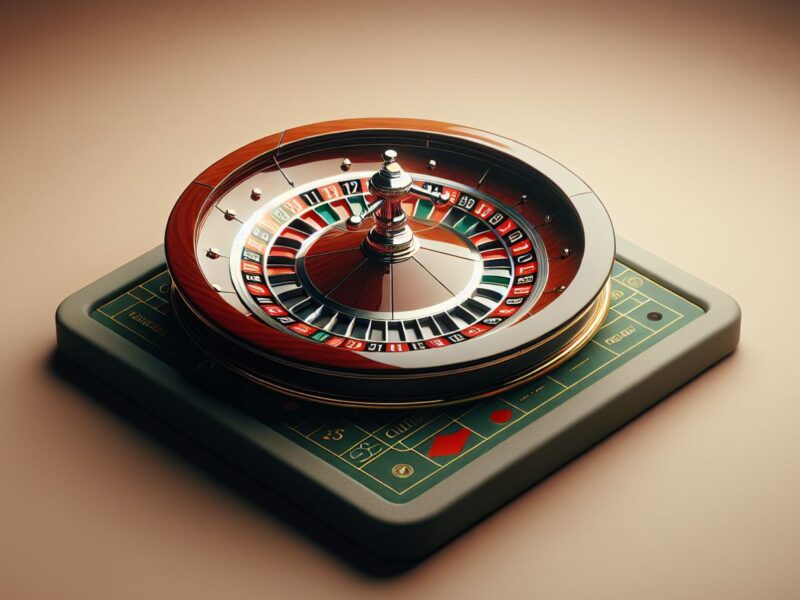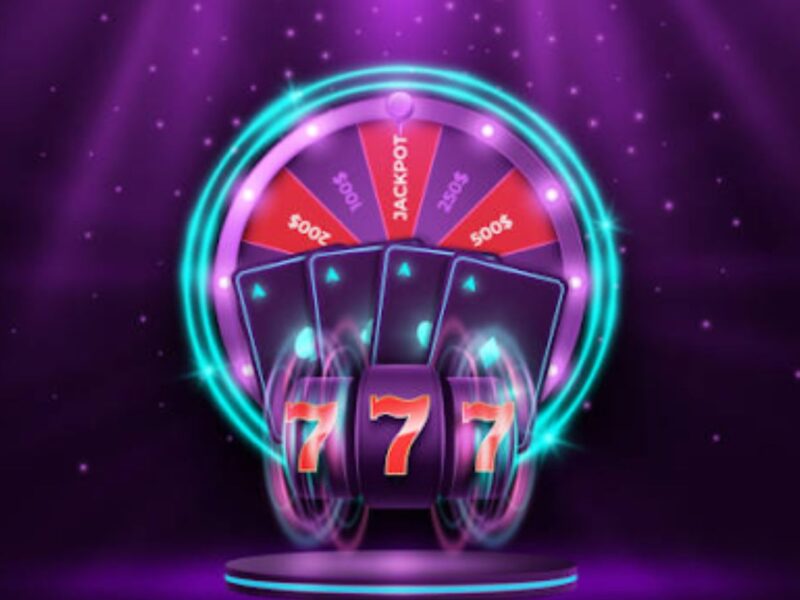Table of Contents
- “One Click to Thrill”: The Evolution of Online Slots
- The Perfect Trap: Why Online Slots Are So Addictive
- A Virtual Escape: Why People Are Drawn to Online Slots
- The Gamblers Behind the Screen: Who Is Playing and Why?
- The Dark Side of the Reels: Risks and Consequences
- The Industry’s Dirty Secrets: How Online Casinos Win Big
- Searching for Balance: Responsible Gambling and Emerging Solutions
- When the Reels Stop Spinning
In the quiet of a late-night glow, a screen hums with vivid animations, coins clinking and jackpots teasing from behind the digital reels. This is the captivating world of online slots, where millions gather daily to test their luck and indulge in the thrill of the spin.
Once confined to physical casino floors, slots have transformed into digital phenomena, leading the charge in the ever-growing online gambling industry. But what is it about these games that keeps players coming back for more? Beneath the flashing lights and enticing wins lies a deeper pull—a mix of psychology, design, and human instinct.
“One Click to Thrill”: The Evolution of Online Slots
Slots have evolved remarkably since their invention in the late 19th century. Mechanical slot machines, like the iconic Liberty Bell, once dominated casino floors with their simple, lever-operated designs. These early games relied on physical reels and basic payout systems, but they laid the foundation for what was to come.
With the rise of the internet, slot machines underwent a digital revolution. Online platforms began offering sleek, themed slots with stunning graphics, immersive sounds, and a range of features to engage players. Themes became more creative—from ancient mythology to pop culture icons—while gamification added new layers of excitement. Bonuses, levels, and interactive storylines turned these games into much more than a simple gamble.
The result? A perfect blend of nostalgia and modern entertainment that’s only a tap away on smartphones, tablets, and computers.
The Perfect Trap: Why Online Slots Are So Addictive
Behind the fun lies a carefully engineered system designed to keep players hooked. The secret lies in dopamine, the brain’s reward chemical. Every win—no matter how small—triggers a surge of dopamine, encouraging players to keep spinning.
Near misses play a significant role, too. Seeing two matching symbols with the third just out of reach feels tantalizingly close, creating an illusion of control and driving players to try again. This design is no accident; it’s a psychological strategy to extend playtime.
Online slots’ accessibility is another key factor. Unlike physical casinos, which have opening hours and geographical limits, online platforms operate 24/7. Microtransactions make it easy to add funds with a single click, feeding the temptation to spin “just one more time.”
A Virtual Escape: Why People Are Drawn to Online Slots
Online slots offer a unique form of escapism. For many, the anonymity of playing from home is a significant draw. There’s no pressure to dress up, no judgment from onlookers—just you and the game.
For others, the act of spinning provides a mental break. After a stressful day, the rhythmic, repetitive nature of gameplay can feel oddly soothing. The unpredictable outcomes add an element of excitement, blending relaxation with thrill in a way few activities can.

For some players, it’s about routine. Logging in at the same time each day, selecting a favorite game, and spinning for a set amount of time can become a comforting ritual, providing a small sense of control in an unpredictable world.
The Gamblers Behind the Screen: Who Is Playing and Why?
The face of the online gambler is more diverse than you might think. Players span all ages, genders, and backgrounds, drawn by the accessibility and variety of games. College students might spin between study sessions, while retirees may treat it as a digital pastime.
Not everyone approaches slots the same way. Casual players may treat it as a bit of fun, setting strict budgets and walking away when the game loses its appeal. Others, however, fall into patterns of compulsive behavior, chasing losses and losing track of time and money.
The pandemic played a significant role in shaping this landscape. Lockdowns left many seeking new forms of entertainment and distraction, leading to a surge in online gambling. While some players were able to maintain healthy habits, others found themselves drawn into a cycle of addiction.
The Dark Side of the Reels: Risks and Consequences
For all their entertainment value, online slots carry serious risks. Financially, they can be devastating. Stories of players losing their savings or falling into debt are all too common, with the illusion of easy wins leading many down a dangerous path.
The emotional toll is equally heavy. Gambling addiction can lead to anxiety, depression, and strained relationships. The seamless, fast-paced nature of online slots exacerbates these issues, making it easy to lose track of time and spend far more than intended.
Adding to the problem is the gamblification of platforms. Many sites blur the lines between gaming and gambling, targeting younger audiences with features like loot boxes, free spins, and themed events. These elements make gambling feel like a harmless game, even as losses pile up.
The Industry’s Dirty Secrets: How Online Casinos Win Big
The phrase “the house always wins” exists for a reason. Online casinos operate using algorithms designed to ensure long-term profitability. While wins are possible, the odds are meticulously calculated to favor the casino.
Marketing tactics add another layer of manipulation. VIP programs, bonuses, and loyalty rewards create an illusion of exclusivity, encouraging players to deposit more. Free spin offers often come with fine print, such as high wagering requirements that make cashing out difficult.
Regulation is another challenge. Many online casinos operate offshore, taking advantage of weak legal frameworks to avoid accountability. This leaves players vulnerable, with little recourse if they encounter problems.
Searching for Balance: Responsible Gambling and Emerging Solutions
Efforts to address these issues are growing. Many platforms now offer tools like self-exclusion programs, deposit limits, and time trackers to help players stay in control. However, these measures often rely on the players’ willingness to set boundaries—a difficult ask for those already struggling.

Technology is starting to play a bigger role. Some casinos use AI to monitor player behavior, flagging signs of addiction and intervening when necessary. Governments are also stepping in with stricter regulations, aiming to protect players without stifling the industry.
For those who play responsibly, online slots can be a fun way to pass the time. Many platforms advertise that more rewards and games that have a better chance of winning, aiming to appeal to casual players seeking fairer odds and greater enjoyment.
When the Reels Stop Spinning
What keeps people returning to online slots, despite the risks? For some, it’s the thrill of the spin. For others, it’s the hope of a jackpot or the comfort of a familiar routine. Whatever the reason, online slots remain a fascinating blend of entertainment and risk.
They’re more than just games; they’re reflections of human nature, capturing our desires for excitement, escape, and a touch of luck. While their risks shouldn’t be underestimated, their allure continues to shine brightly—one spin at a time.







